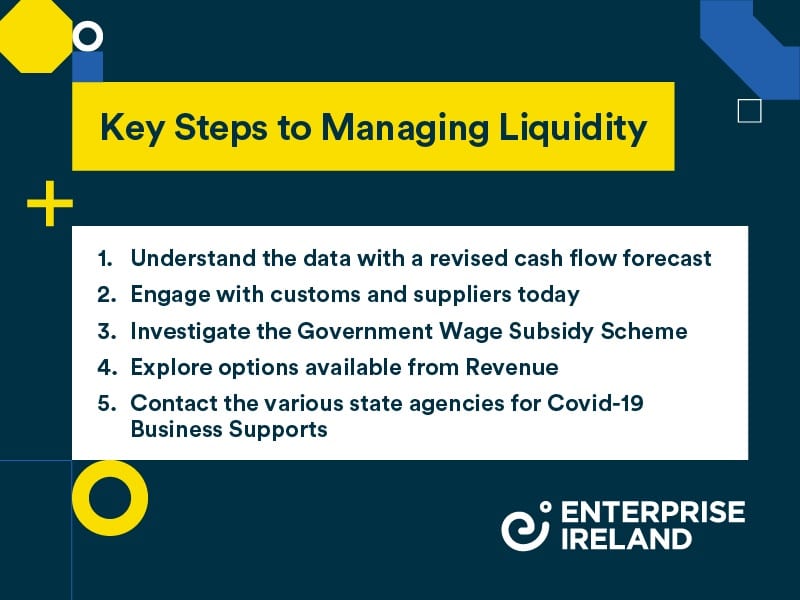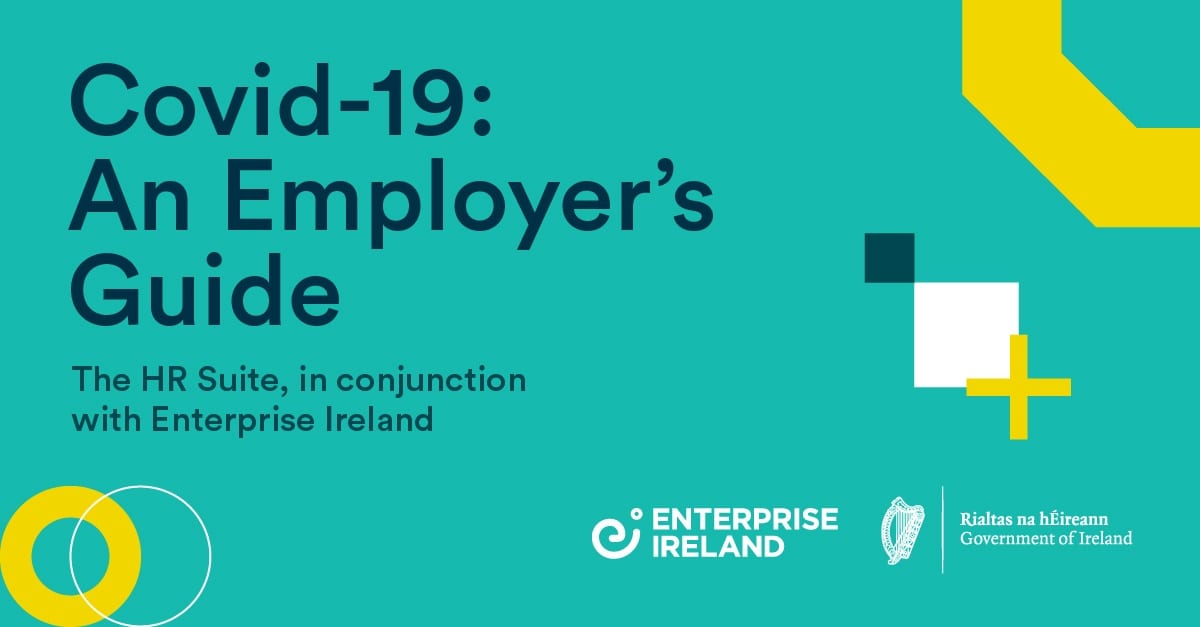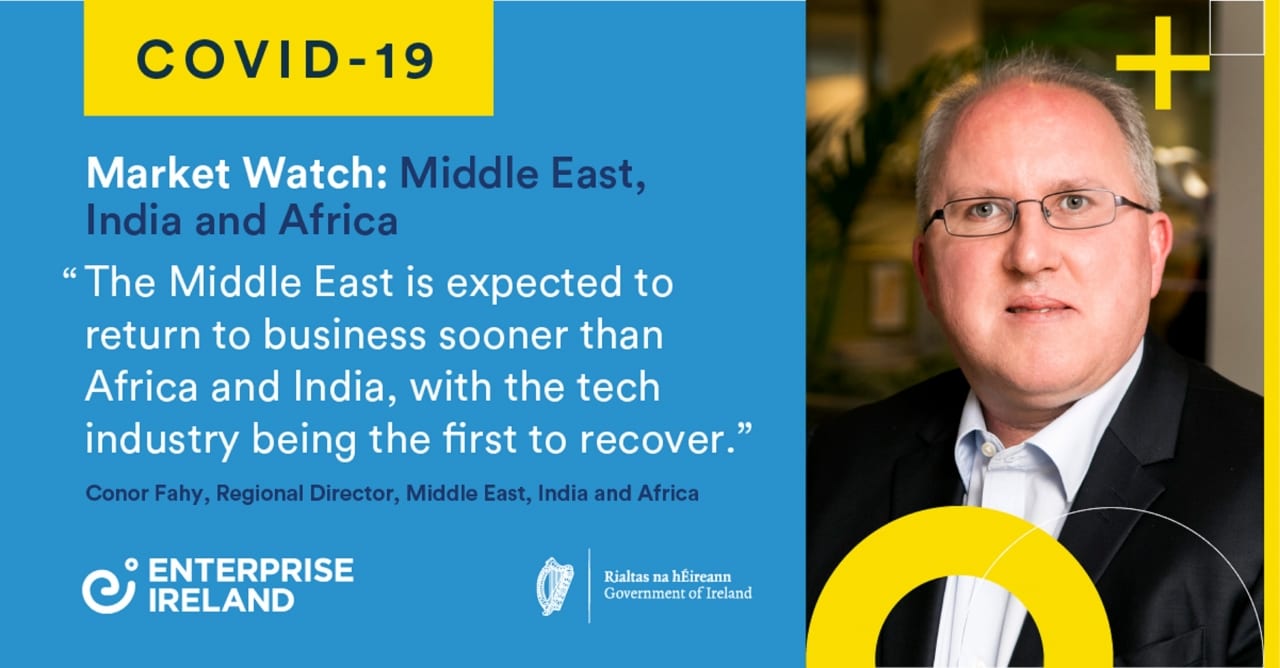Support where it’s most needed for HPSUs
The innovation and dynamism of Enterprise Ireland-supported high potential start-up (HPSU) firms are vital to future economic growth, and it is absolutely essential that HPSUs that were progressing prior to Covid-19 receive the support they require to get through the Covid-19 crisis.
“These firms and their founders are the future leaders of the economy and our focus is on ensuring that they have sufficient fuel in the tank and the right resources in place to get through the next three to six months and be ready to take advantage of the upturn when it comes,” says Enterprise Ireland Divisional Manager for HPSUs Jenny Melia.
HPSUs do face particular challenges in the current environment, mainly due to their early stage of development. “Many of them are not yet revenue generating and are continuing to fundraise to drive business development,” Melia explains. “This can mean that they do not qualify for some of the Covid-19 supports available at the moment. It can also be the case that they haven’t been in business long enough to have built up a relationship with a bank.”
According to Melia, the three main problems faced by these fast-growing firms relate to cash flow, investment, and talent retention.
“In a lot of cases sales have just stopped,” she says. “They have no cash coming in from that source and that can turn into a double whammy if investors back off. There is a softening of sentiment in the investment community at the moment and that is presenting problems. Holding onto key skills is another real pain point for a lot of companies. We were nearly at full employment in the economy just a few weeks ago and they had to work very hard to get the right people. They are in danger of losing them now and these skills will be critical to support future growth.”
Support is available to deal with these issues, however. In the first instance, Melia advises firms to avail of the Enterprise Ireland Covid-19 Business Financial Planning Grant scheme, with supports of up to €5,000 to help companies prepare financial plans with the assistance of an expert.
“We are asking start-ups if they have assessed the impact of Covid-19 on their business and if they need assistance and financial support to do that,” she points out. “We are already seeing a great deal of interest in the scheme. This will help start-ups develop a stabilisation plan, which should look at resetting their business plan e.g. reducing the cost base and lengthening the financial runway to tide them through the next 3-6 months and prepare for the upturn including raising new investment.”
The next step is to work with existing investors and shareholders. “Companies should discuss the possibility of bridging finance with their investors,” says Melia.
“Enterprise Ireland is also willing to co-invest as part of this investment. That is a new departure for us. Typically, when we invest in a company it’s to fund a growth plan for the next two or three years. In this case, we are absolutely willing to play our part alongside existing funders and investors in ensuring HPSUs get through the current financial crunch. Companies should speak to their Development Advisor about this.” advises Melia.
There is also the loan scheme from Microfinance Ireland. “This is open to start-ups with fewer than 10 employees, and the amount on offer has been increased from €25,000 to €50,000. The interest rate has been reduced to 4.5%, with a moratorium on interest and repayments for the first six months. I would encourage start-ups to look at the scheme to see if it is suitable for their needs.”
The Covid-19 Wage Subsidy Scheme is a valuable source of assistance in helping to hold onto talent. “The scheme was initially aimed at firms suffering a reduction in turnover but, recognising the particular circumstances of start-ups, Revenue introduced another criterion, which was a downturn in the level of investment companies had projected. Some companies are not aware of this.”
Enterprise Ireland is also organising a series of webinars to provide advice and support to HPSUs. “We have a number of former HPSU founders that have come through a number of recessions and downturns and have very valuable advice to offer.”
Companies should also leverage the advice available through their own networks, she adds. “They should contact their Enterprise Ireland Development Advisor, their investors, business angels, suppliers and customers out in the market and so on. These are the things that entrepreneurs do anyway, and they are more important than ever now. We firmly believe that there will be opportunities out there for firms when the crisis ends, and our focus is on helping our clients to be ready for these opportunities when they arise.”






















